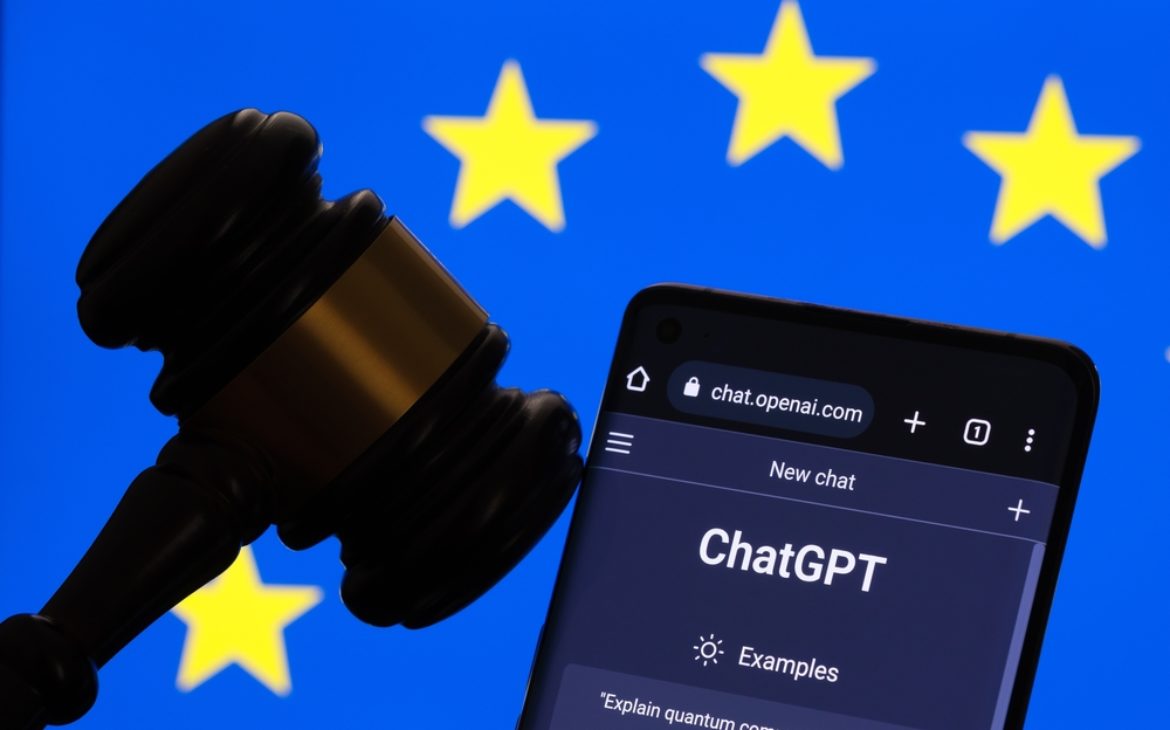In a historic moment for the European Union, Member States and lawmakers successfully reached a groundbreaking agreement on Friday, solidifying the framework for the regulation of artificial intelligence (AI) technologies.
Thierry Breton, the EU’s internal market commissioner, declared the deal as “historic,” marking the EU as the first continent to establish clear rules for AI usage. “The AI Act is much more than a rulebook – it’s a launchpad for EU startups and researchers to lead the global race for trustworthy AI,” Breton emphasized.
The accelerated development of the “AI Act” was prompted by the emergence of ChatGPT, a chatbot that garnered attention as a mass-market gateway to generative AI, in late 2022. While the capabilities of ChatGPT showcased the rapid advancements in AI, concerns were raised regarding the potential misuse of the technology.
Generative AI, including Google’s Bard and other models like Dall-E, Midjourney, and Stable Diffusion, can swiftly generate text, images, and audio from everyday language commands. Negotiations faced initial challenges, culminating in a 22-hour marathon on Wednesday, followed by a deal to resume talks the next day.
Despite the absence of a strict deadline, EU officials were eager to secure the agreement before the year’s end. The European Commission initially proposed the legislation in 2021, aiming to regulate AI systems based on risk assessments of software models, with higher-risk systems incurring greater obligations.
Although the law requires formal approval from Member States and the Parliament, the political agreement on Friday is perceived as the final significant hurdle. Ursula von der Leyen, president of the European Commission, hailed the AI Act as a “global first” and a “unique legal framework for the development of AI you can trust.”
While the EU joins other global leaders, including the US and China, in addressing AI concerns, challenges during negotiations centered around the regulation of general-purpose AI systems such as ChatGPT. The agreement includes a two-tier approach with transparency requirements for all general-purpose AI models and more stringent regulations for powerful models.
Controversially, the agreement permits limited exemptions for remote biometric surveillance, addressing concerns over facial identification in public spaces. However, not everyone is pleased with the outcome. Critics argue that the speed of the agreement may compromise its quality and potentially harm the European economy.
The EU will establish the AI office, a new body attached to the Commission, to monitor and penalize violations of the law. The office will wield the authority to impose fines equivalent to seven percent of a company’s turnover or 35 million euros, whichever is larger.
